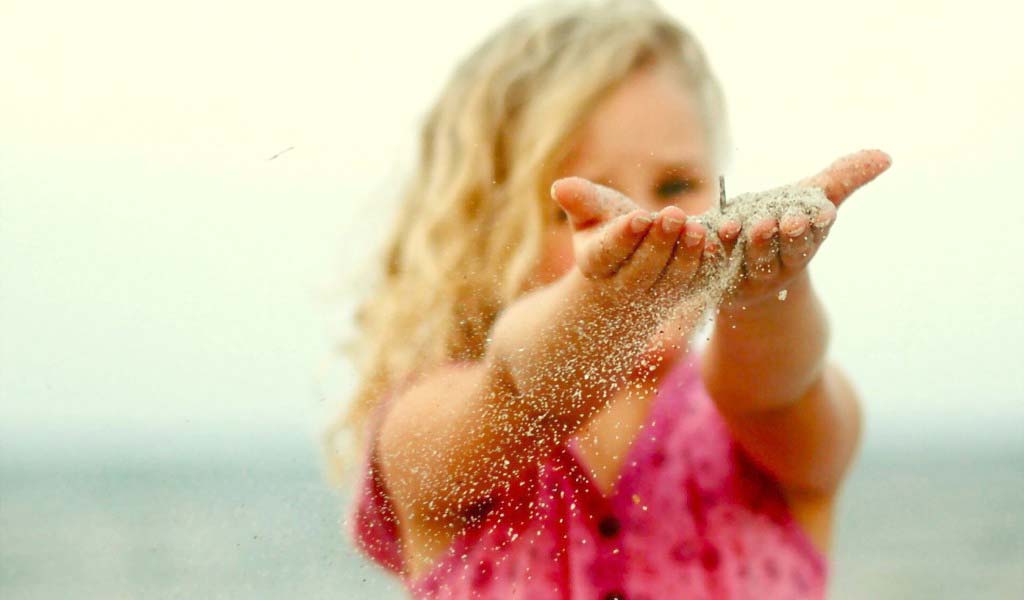We were sitting at an IEP meeting at Eric’s school. The discussion was amiable and the goals were being discussed. Everyone agreed that Eric has come far with the combination of his school, clinic and home program. Jokes were shared about events of the past and we felt pleased that he was really moving along. Eric was included in a regular peer setting for half of his day and pull out services for especially language and reading was part of his program. I suggested a goal for conversational turn taking with two-way communication, stretching his circles of communication into longer continual discourse. One of the team members looked at me and exclaimed in a surprised tone: “But Maude, Eric has Autism?!”
What is it about a diagnosis that makes people feel we have to “stop” somewhere and not expect anything more? The evidence of growth was clear-cut in Eric’s case and he was doing well. Why not expect more of him? Do we even think what would happen to Eric’s life goals one day in becoming self sufficient if he could not partake socially? What if it were their son or daughter?
I have witnessed so many children move on with their lives despite their diagnosis. Of course the diagnosis is kept in mind, but we design intervention based on who the child is and what constitutes the child’s strengths and weaknesses. Any child is so much more than a “score” or a diagnosis. Development demands that the child be considered a growing psyche, a growing sense of self. If we take it upon ourselves to stunt this growth, to pit our “knowledge” against the development of the child, we would still be in the age where autism was regarded as a product of “refrigerator mothers”! How far have we not come in the last decades in our understanding of the different shades of Autism? How can we at any moment think that we have now reached the “limits” to any child’s Autism?
What is it about a diagnosis that makes people feel we have to “stop” somewhere and not expect anything more?
There is also a current trend that is totally enamored by autistic-like behaviors. We look at a child’s behaviors through our lens of what is considered appropriate in our social context and this is true, we have to draw a comparison in order to decide on the right goals. But for some this thinking is taking it to another level. They view the child’s behavior as “proof” of his diagnosis; as a feature that should be extinguished because it does not suit us in the “typical” world, as if the child’s total reason behind these behaviors would simply be because they insist on looking different and it is “willful”. Of course we want to decrease the necessity of these behaviors, but in order to do this we have to understand why.
A child’s behavior is their communication to us what they cannot communicate in words. If they are flapping their hands they might be trying to have quick access into the vestibular system in order to find their bodies in space. If they are finger flicking in front of their eyes, they might want to access movement in their brain through visual stimulation. There could be many reasons behind the behaviors and I find it quite disrespectful of any human being to be considered as an entity whose very communication, due to a diagnosis, by the way, with known strong etiology, is going to have to be “extinguished”. To me it diminishes the child and his growing psyche within.
Yes, we have to pave the way to clearer and more effective communication, but to do this we need to turn to development and rebuild the building blocks that were missed to the furthest extent possible in order to give children such as Eric the best chance to overcome the many obstacles in his path. To do this we have to understand Eric and move into his world, so we could find the link to draw him out to our world is a way that would be non-threatening as well as being respectful.
One last thought I have is to think about how many professionals I have come across who still think that kids like Eric, due to their diagnosis, do not need to relate with others, that he somehow does not need people in his life and that this makes him “happy”. There is not a human being in this world that does not want to connect and that is not hardwired from utero to want to connect. I have found the most marvelous connections with children of any diagnosis, but especially Autism, and we are making a mistake to think differently. So many times we prefer to think what we think, not raising the bar when we should, due to the limitations we put on ourselves in not knowing how to intervene or plan the next move. It becomes easier to simply believe it can not be done, otherwise we have to figure out how and why.
Maude’s book,” Our Greatest Allies”, co-authored by Lauren O’Malley, is available on Amazon and Kindle and relates the journey of her intervention, while it also depicts the journey of his family.


Recent Comments